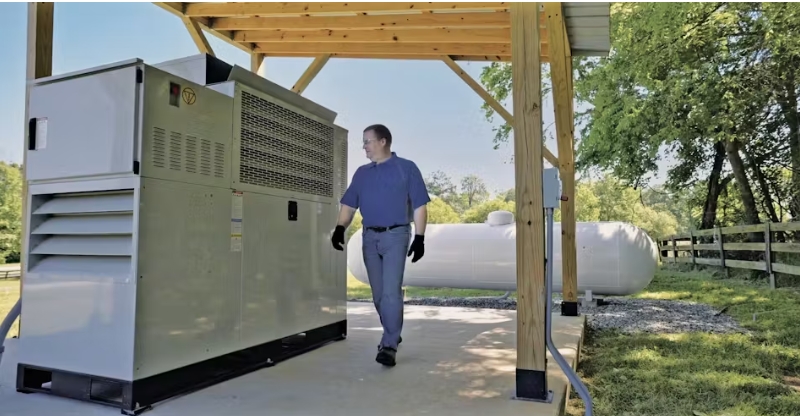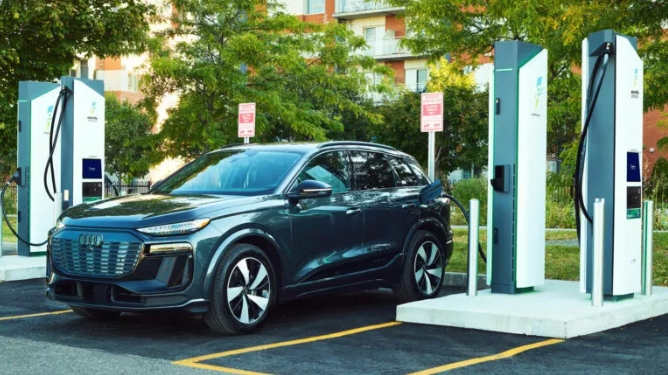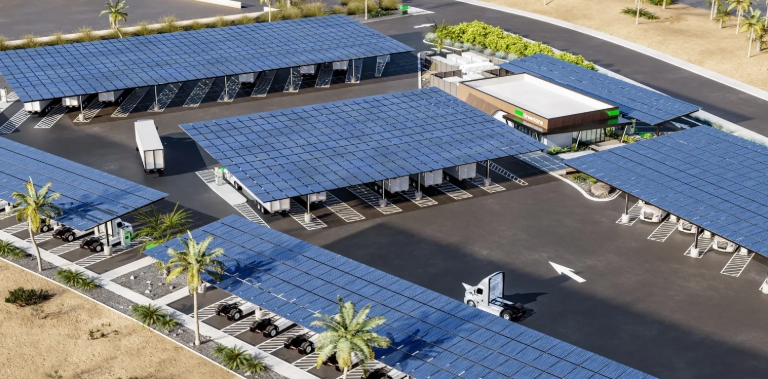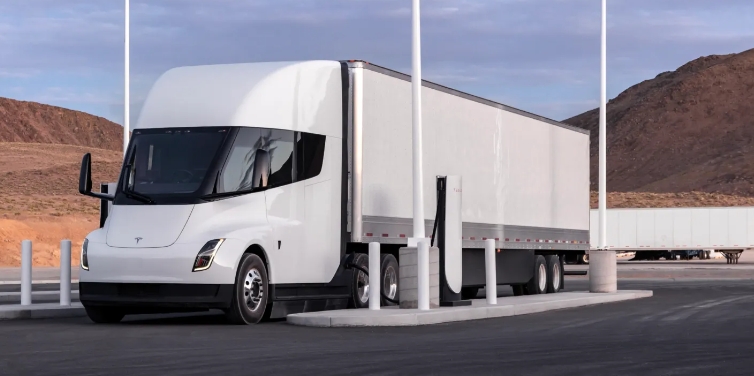
A microgrid is a local energy grid with control capability, meaning it can disconnect from the traditional grid and operate autonomously. Microgrids contain one or more kinds of distributed energy — solar panels, wind turbines, combined heat and power (CHP) and/or generators — that produce power during sudden or planned power outages.
Propane provides economic and environmental advantages for microgrids. PERC’s analysis, “The Opportunity for Propane in Microgrids,” shows lower emissions, similar electricity costs to diesel generators and improved resiliency. Propane generators help maintain crucial systems during power outages in commercial buildings.
Propane is an environmentally friendly energy source
For years, diesel has been the chosen generator fuel, despite harmful emissions that impact local communities. Propane can help lower these emissions.
PERC’s study “Power Generation: The Emissions Shifting Problem” examines current power generation trends and how propane offers low-emission solutions. Propane is a cleaner alternative to diesel, reducing nitrogen oxide, particulate matter and carbon emissions significantly. According to the U.S. Energy Information Administration, propane is 16% cleaner than diesel when it comes to CO2 per unit of energy.
Plus, renewable propane makes microgrids even cleaner. Renewable propane is derived from agricultural products such as vegetable oil, animal fat and camelina plant oil, meaning its combustion is net carbon neutral. Because renewable propane’s chemical structure and physical properties are the same as propane produced from fossil fuels, it can be used for all the same applications.
Propane is a safe and resilient energy source
By improving resiliency in local electricity distribution systems, microgrids help to solve problems faced by cities across the U.S.
To provide an alternate power solution to customers located in Mariposa County, California, solar energy company BoxPower and generator manufacturer Generac provided solar photovoltaic technology with battery backup and a propane generator to reduce wildfires in one of California’s most high-risk areas. Instead of ruggedizing the transmission and distribution (T&D) lines — costing more than $1 million per mile in remote locations — electric utilities de-energized the T&D lines and installed microgrid solutions.
Last year, nearly 800,000 people woke up without power on the morning of Christmas Eve, following Winter Storm Elliott. The power went out in portions of Long Island, New York, and a Public Service Electric & Gas utility line that fed a local grocery store was impacted. Luckily, the store was powered by a microgrid made up of two propane-powered CHP units that produce 216 kW, keeping power on while nearby buildings went dark. The store was able to sell groceries to the local community without losing refrigerated food.
Propane-powered CHP systems also support microgrids by providing district and facility heating. CHP systems use a propane-powered engine, a heat exchanger and a generator to create electricity. Simultaneously, the heat from the unit is captured by the heat exchanger and used to channel thermal energy to applications like space heating, water heating and dehumidification, achieving system efficiencies as high as 75%.
A CHP system can be used within a microgrid or on its own to create power and heat. CHP units are ideal for on-site power generation, as most systems can provide standby power during grid-based outages.
With propane-powered CHP units, customers get all the efficiency of on-site electrical generation and on-site thermal generation, without paying a demand charge or peak rate from the electric utility company.
Ultimately, microgrid systems utilizing a propane generator provide peace of mind, helping businesses increase safety and resiliency, while retaining clean operations, even with a power failure. Replacing diesel assets with propane-powered equipment results in significant air quality improvements and decarbonization. To discover the difference propane power generation can make in your projects, visit propane.com/powergen.







